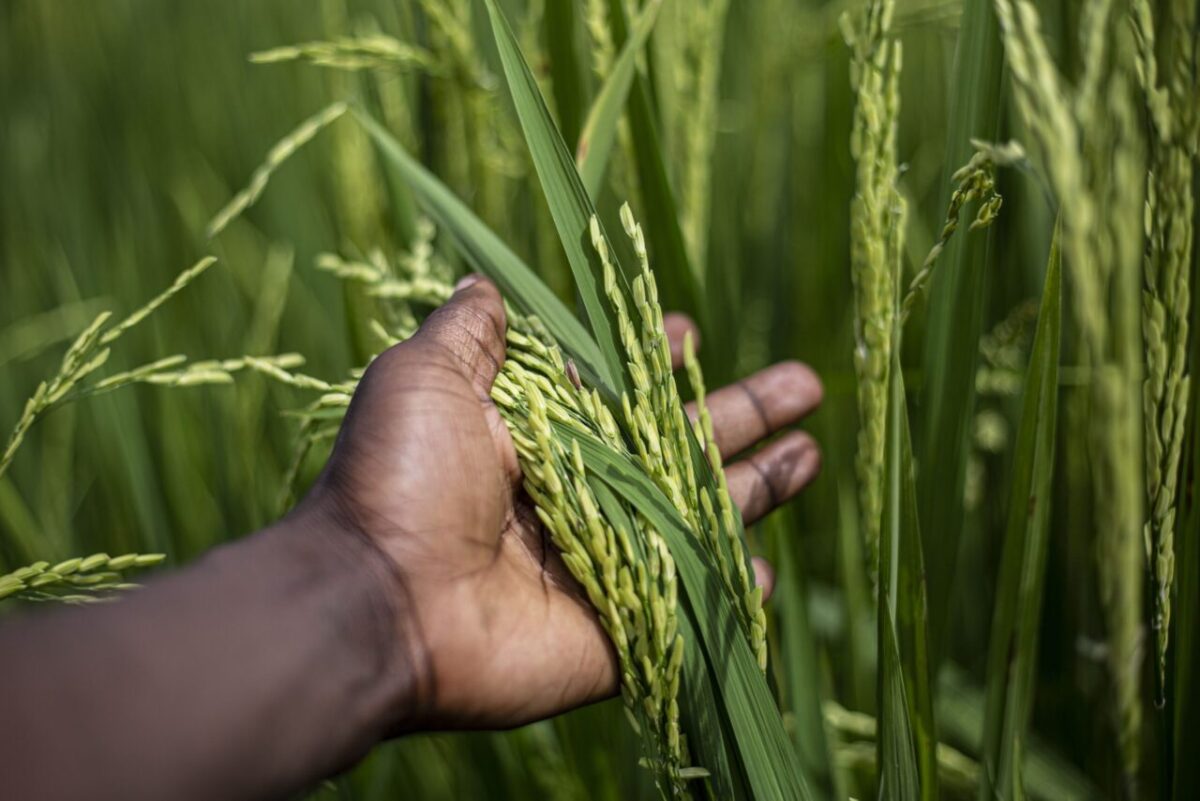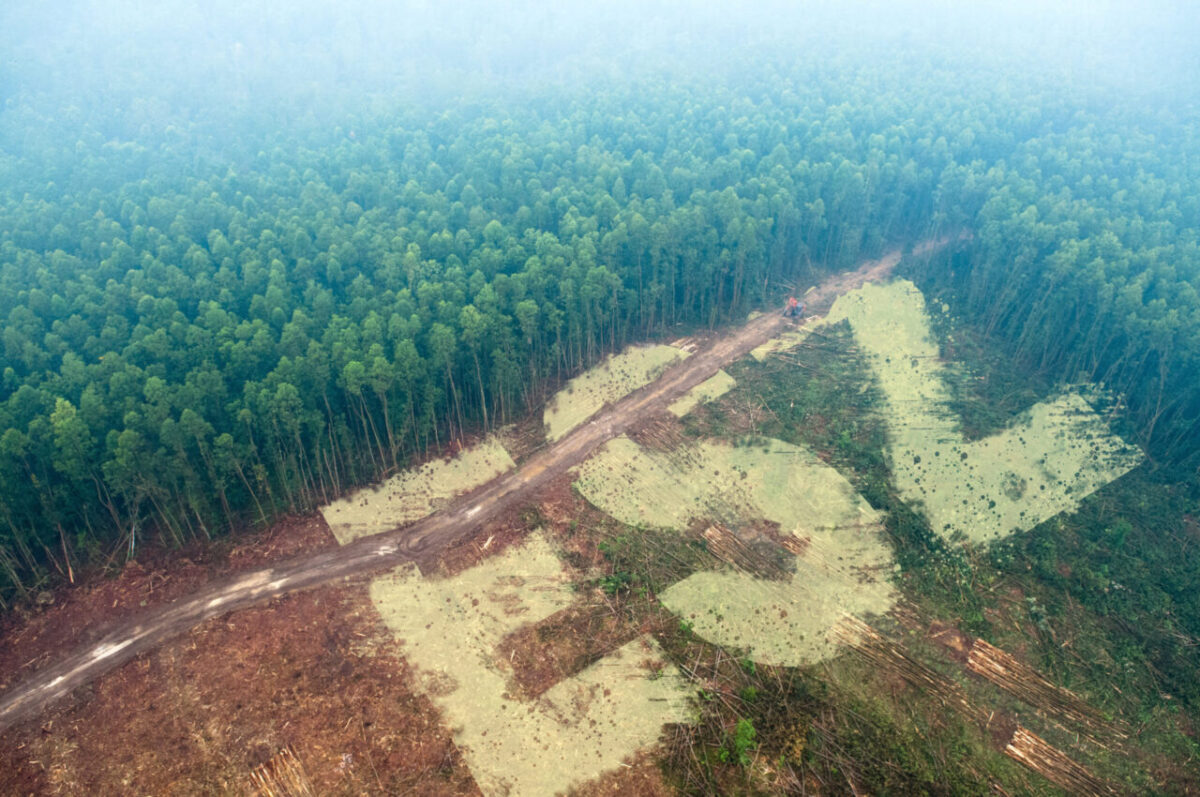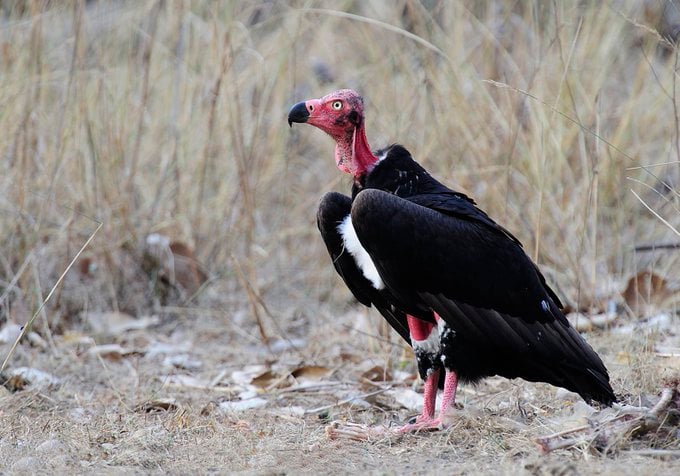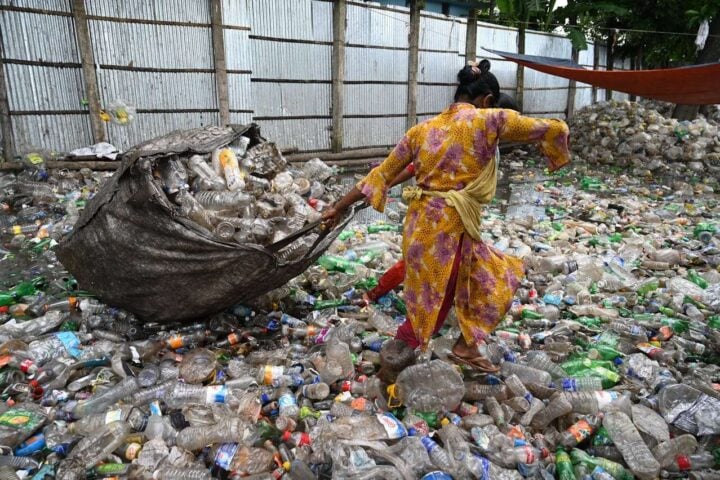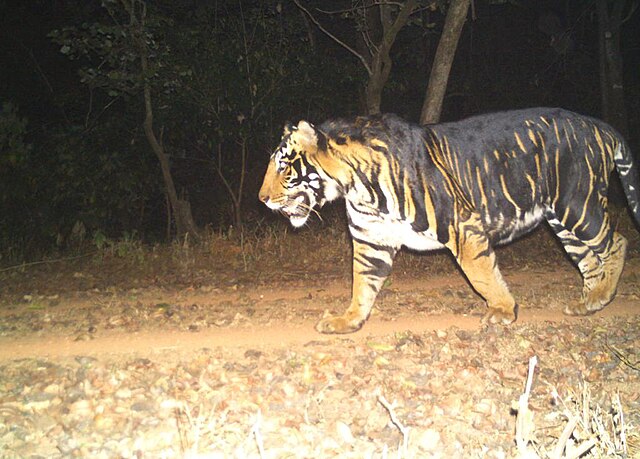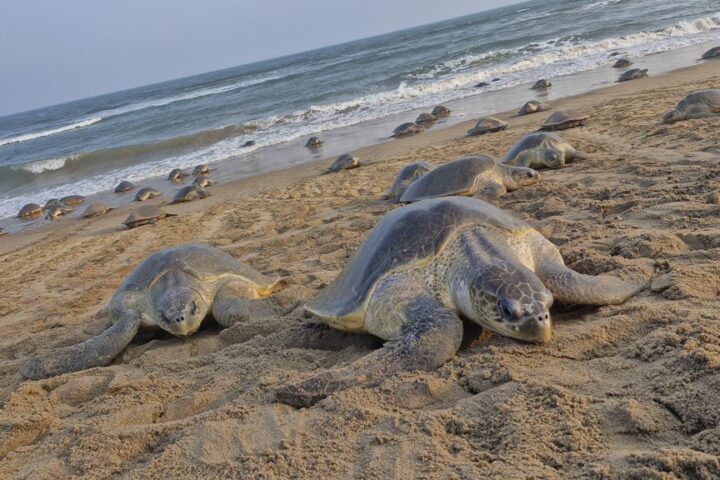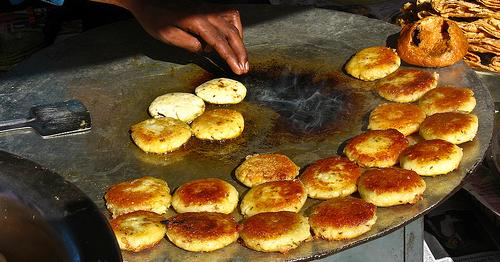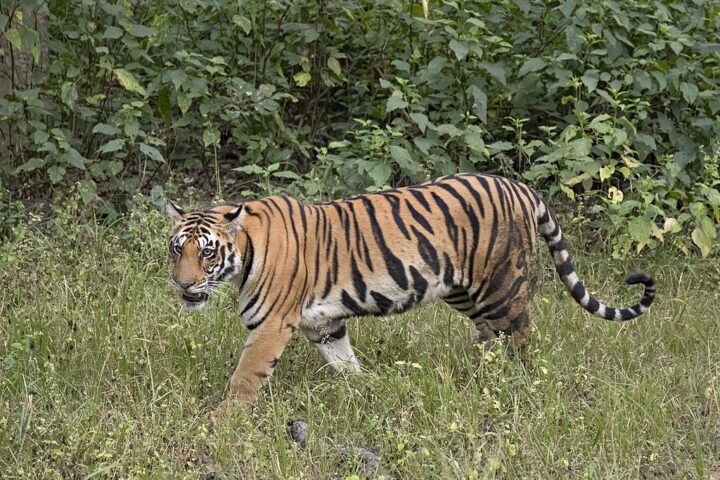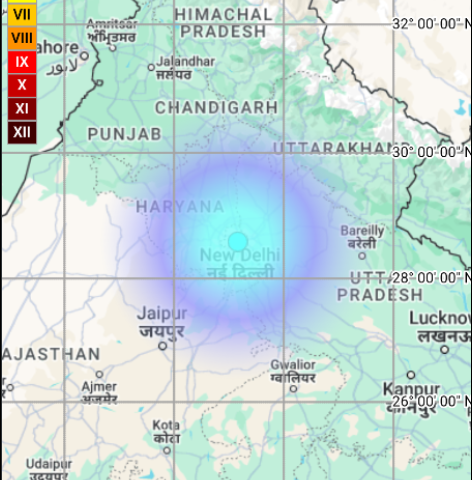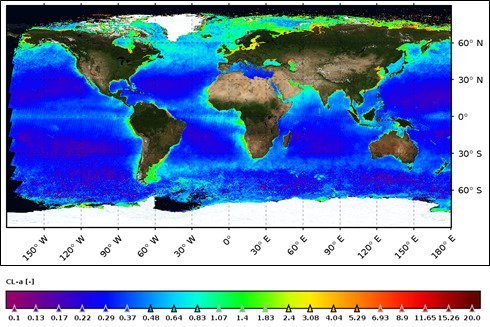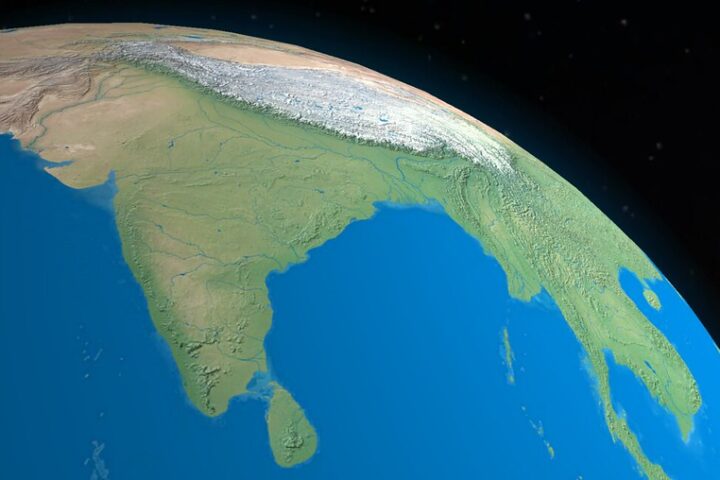India has been a worshiper of nature consisting of five elements – Prithvi (Earth), Aap (water), Tej (Light), Vayu (Wind) & Aakash (Space). There was a balance of nature in ancient times, The Impending Food Crisis In India First due to industrialisation and the newer comforts by convenience, there was gradual build up to climate change. Now it could be very well termed as a climate crisis.
Two studies have shown how this climate crisis affects India. Study undertaken by CGIAR (Consultative Group on International Agricultural Research) estimates that India’s production is likely to decline by 9.9% for food crops,11.6% for cereals, 13.7% for fruits & vegetables, 7.2% for oilseeds and by 2.7% for pulses. Roots & tubers production within the same period is projected to increase by 9.4% mainly due to favourable effects of climate change in this group of food crops.
The second study was conducted by IFPRI (International Food Policy Research Institute, South Asia , New Delhi). This Study says that 9.6 crore Indians may go hungry by 2030 due to climate crisis. Nearly 23% more Indians are at risk of hunger by 2030 due to fall in agri production and disruption in food supply chains.
The Main Findings Of second Study By IFPRI:
- There is likely to be a minor drop in average calories consumption by 2030 from 2,697 kcal per capita/day in normal circumstances to 2,651 kcal per capita/day due to the climate crisis.
- For India this past April was the hottest in 122 years, which followed the hottest March ever recorded. The average temperature across India is projected to rise between 3 to 4 degree celsius & 4 to 5 degree celsius by 2100. Similarly summer heat waves are projected to triple by 2100 in India.
- India’s aggregate food production, an index by weights of cereals, meats , fruits, vegetables, oilseeds, pulses, roots is likely to fall from 1.627 in normal circumstances to 1.549 if climate is factored into.
- Higher temperatures, changing precipitation patterns, sea level rise and growing frequency & intensity of extreme weather events such as droughts, floods , extreme heat & cyclones clearly reducing agri production, disrupting food supply chains & displacing communities.
- The rise in average temperatures is likely to impact food production. The report projects that agri yields may fall by1.8 to 6.6% by 2041-2060 & by 7.2 to 23.6% by2061-2080due to climate change.
- The report suggests switching from rice to other crops in the water- scarce NorthWest & peninsular India to reduce greenhouse emissions.The area under rice could be reduced in the region without threatening food security.
Thus in addition to pandemic, Rus-Ukraine war, the climate crisis is a major threat to our food system. It undermines decades of progress in providing more nutritious diet to a growing global population. In the case of lndia, a climate smart agriculture would be apt for the hour. The Impending Food Crisis In India A well researched plan will be expected to control India’s population swell. Above all farmers, agri planners, NGOs & Govts. both at the Center & State levels are supposed to act together to secure the future.
As the world reaches crossroads, future generations are unfortunately dependent on the present day leadership ! PS – One more Report by UN’s IIPCC, published in 2022, focuses on climate change impacting food systems. Lead author Rachel Bezner Kerr, a Professor at Cornell University, emphasizes the importance of having an inclusive & integrated approach, not just to help farmers move to adapting varieties. It would also mean, involving vulnerable groups like small land farmers in planning, preparing & adoption.
An inclusive participatory approach is agreed by many experts, a well integrated approach, which means rethinking the connections between food, energy, health & environment. Apart from crops, a heatwave could also impact electricity supply. An integrated approach with key social safety nets could solve many problems.
It is also extremely essential to have an ecosystem-based approach that would underlie with the entire food production system.These would include agroforestry & agri ecology, cooperative forestry & community based water harvesting activities etc. which will eventually build soil health, secure water supply and strengthen ecosystems on a long-term basis.However these aren’t a one-step measure but rather holistic steps, taking both ecosystems and social inequities into account. There is an urgent need for a holistic approach on a war footing to mitigate the uncertain future with a climate crisis which will eventually trigger climate events like dry spells, floods and cyclones etc.
